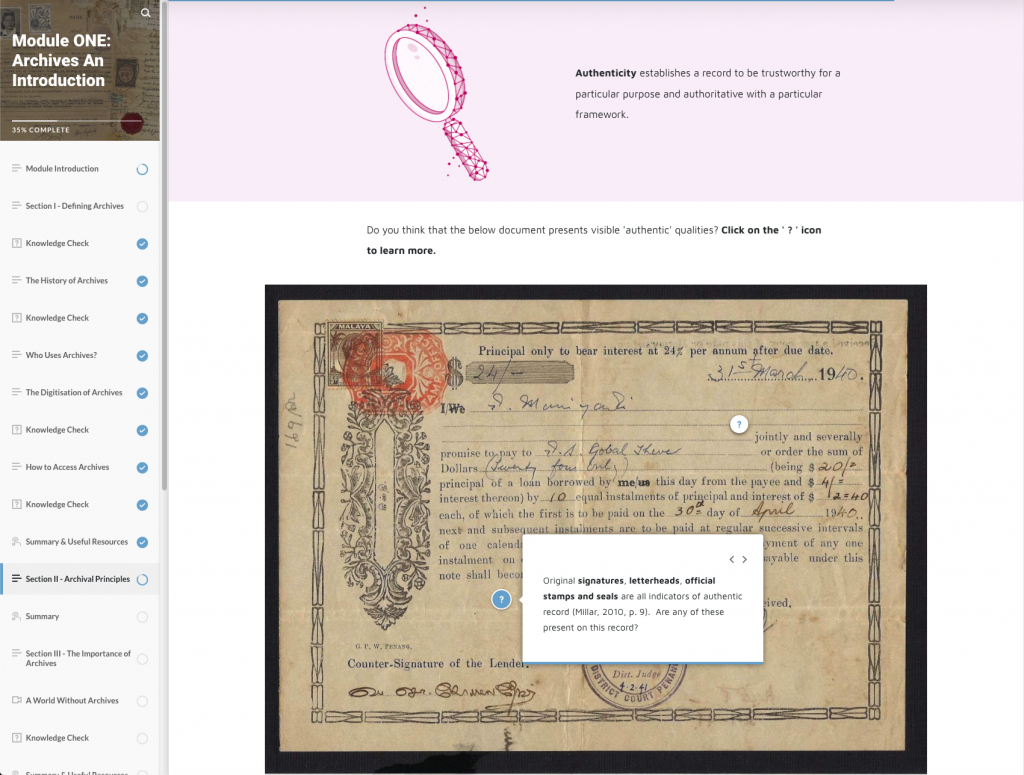
Archives have a very rich and wide contribution to offer to society. Their role goes beyond historical scholarship and are a key resource to other disciplines as well.
The “European Digital Treasures” project, funded by the European Commission, brings together the knowledge and skills of the National Archives and information technology to develop a sustainable and attractive tool linked to young user education on how to use archives (archival literacy).
Archival literacy is the ability to recognise the need for information, to identify the sources needed to address a given problem or issue as well as to find evaluate and organise the required information and to use this information effectively to address the problem or issue at hand.
Although young people and students may be familiar with how to use libraries, however not all students are capable of transfer this knowledge to working with archival materials. Such instruction is an important part of the mission of archives and special collections because it inspires learning.
Young people benefit from working with archival materials. Students are able to connect with people whose first-hand accounts they used; such an experience makes history real for them. Students learn important attributes and experience ‘doing history’ like a real historian. Through archival research students manage to connect evidence with valid historical arguments and learning to approach sources with scepticism demonstrate their acquisition of critical thinking skills.
Students develop an understanding of how to use evidence in creating historical accounts. Unpublished archival materials instil in students the desire to pursue independent research. It excites students, sparks their imagination, generates new questions and implants a desire to learn more.
This online archival literacy course aims at empowering students to cultivate critical thinking and to understand how through evidence, how historical accounts are created.
Teaching students how to access archival sources will not be restricted to just history.
The archive can be used to gain insight into and an understanding of past geographies, laws, social structures and religious beliefs, just to mention a few. Human geographers use archival research to examine past geographical phenomena such as migrations, urbanisation, and population redistribution.
Archival research utilising photographs, maps, and informal recordings or observations can also help in the recovery of data about our changing natural landscapes and climate. One has to keep in mind that the contents of archival collections were constructed through the social, cultural, political, and economic circumstances of their creation, preservation, and curation.
Young people and students will benefit from this course by developing their ability to look at evidence from sources with valid arguments and acquire critical thinking skills.
Leonard Callus, National Archives of Malta
